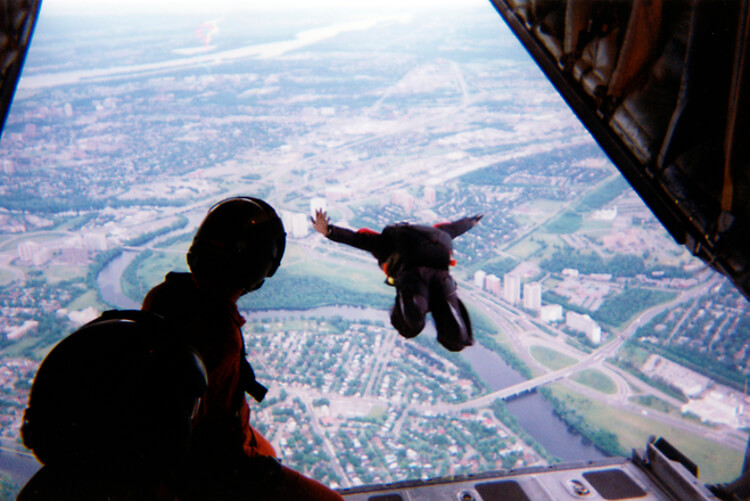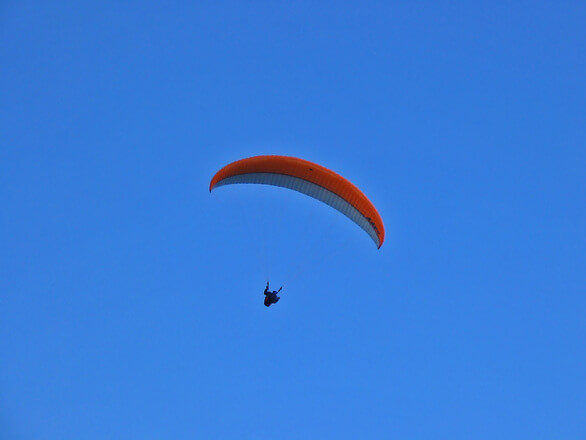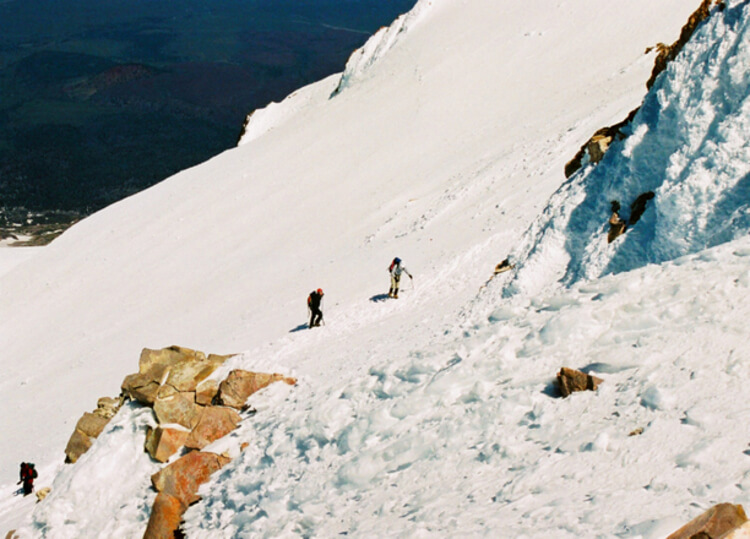James Lawrence has broken two Guiness World Records for endurance racing. He raced a full distance triathlon every day for 100 consecutive days and prior to that he raced 50 full distance triathlons for 50 consecutive days across 50 states. His latest book is titled Iron Hope: Lessons Learned from Conquering the Impossible.
Summary
In this conversation, endurance athlete James Lawrence shares his incredible journey of overcoming fear, pushing through pain, and achieving remarkable feats in his triathlon quest. He discusses a life-altering bike crash, the mental strategies he employs to manage fear and pain, and the importance of focusing on the present moment. Lawrence reflects on his transition from a mortgage broker to a world record-holding athlete, driven by a desire to raise awareness for important causes. He emphasizes the power of resilience, positive self-talk, and finding flow in endurance challenges, while also addressing the balance between planning and spontaneity in life. In this conversation, the they delve into the themes of conquering fear, the importance of community support, mental agility in endurance training, and the significance of a ‘day one’ mentality. They discuss how breaking down large goals into manageable pieces can help alleviate anxiety and how the support of a community can inspire individuals to push through challenges. The conversation also touches on the role of experience in building mental toughness and the importance of having role models for inspiration. Ultimately, James emphasizes the art of excellence as a consistent effort towards authenticity and personal growth.
Takeaways
Fear often stems from worrying about the future.
Focusing on the present can eliminate fear.
Accidents can happen unexpectedly but resilience is key.
Emotions like fear and anger can be managed through self-talk.
Life can take unexpected turns, leading to new paths.
Setting big goals requires breaking them down into manageable tasks.
The mind and body must work together to overcome challenges.
Positive self-talk can help manage pain and anxiety.
Experiences build resilience and mental strength over time.
Finding flow can enhance performance and reduce suffering.
Fear is often about worrying about the future.
Breaking down big goals into smaller pieces helps manage fear.
Success breeds success and confidence breeds confidence.
Community support can inspire and motivate individuals.
Experiencing challenges builds mental toughness.
The ‘day one’ mentality encourages enthusiasm and optimism.
Living each day as if it were your last can change your perspective.
Role models can provide inspiration and guidance.
Consistency over time leads to excellence.
You must experience challenges to grow and learn.
Notes
Book: Iron Hope: Lessons Learned from Conquering the Impossible
Podcast: The Grit Show
Amazon Prime Documentary: Conquer 100
Personal website: James Lawrence: Iron Cowboy







